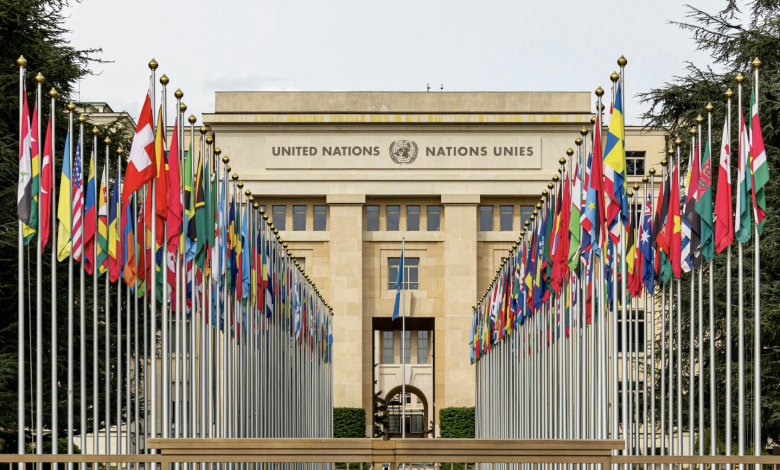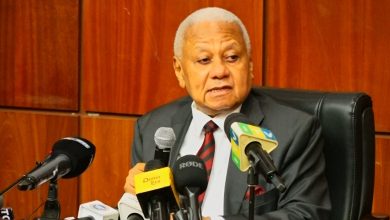UN reaffirms pledge to deepen ties with Tanzania

DODOMA: THE United Nations (UN) in Tanzania has reaffirmed its commitment to deeper collaboration, early action and honouring the dignity and strength of every person affected by humanitarian crises in the country.
The pledge was made by World Food Programme (WFP) Deputy Country Director, Christine Mendes, during the national observance of World Humanitarian Day, held annually on August 19 to highlight the importance of humanitarian work worldwide.
World Humanitarian Day pays tribute to aid workers who lost their lives in the line of duty and honours those who continue to work tirelessly for the welfare of humanity.
Quoting United Nations Secretary-General António Guterres, Mendes stressed the need for humanitarian workers to operate in safety and dignity so they can deliver life-saving assistance and bring hope to those in need.
“These words ring true here in Tanzania, where various partners, including local government officials, community leaders, civil society, the United Nations and international NGOs, work tirelessly to prepare, respond and recover from natural disasters,” she said.
Ms Mendes cited the Emergency Coordination Group’s response to flooding in several districts over the past year, where partners acted swiftly to coordinate relief and conduct impact assessments.
ALSO READ: Leaders urge unity, peaceful election
She added that partners also facilitated health services during emergencies, including the provision of water, sanitation and hygiene supplies during cholera risks.
“In all these efforts, the core values of humanitarianism—humanity, neutrality, impartiality and independence have guided us. So too has our shared resolve to ensure that communities are not only recipients of aid but leaders in their own resilience,” she explained.
She noted that ongoing initiatives to strengthen early warning systems and promote climate-resilient agriculture demonstrate the UN’s commitment not only to emergency response but also to building long-term resilience.
According to Ms Mendes, local disaster preparedness plans in regions such as Morogoro, Mtwara and Manyara, as well as inclusive community dialogues on climate adaptation, reflect those efforts.
She added that simulation exercises with local authorities, supported by the UN, were key to building the capacity of first responders who are almost always local.
WFP Deputy Country Director further highlighted youth-led humanitarian initiatives in schools and informal settlements, awareness campaigns on emergency preparedness and disability-inclusive humanitarian planning, which ensure that no one is left behind.
“As we commemorate this day, let us reaffirm that no humanitarian worker should ever be a target. No child should be left without protection. And no community should face a crisis alone,” she declared.





